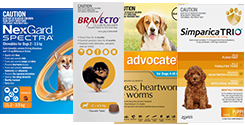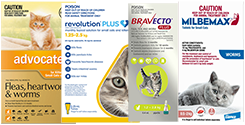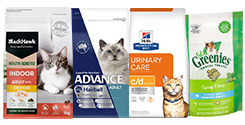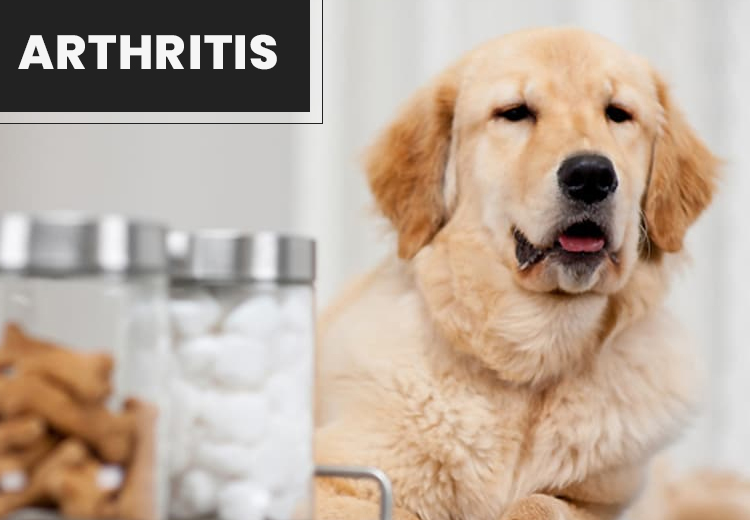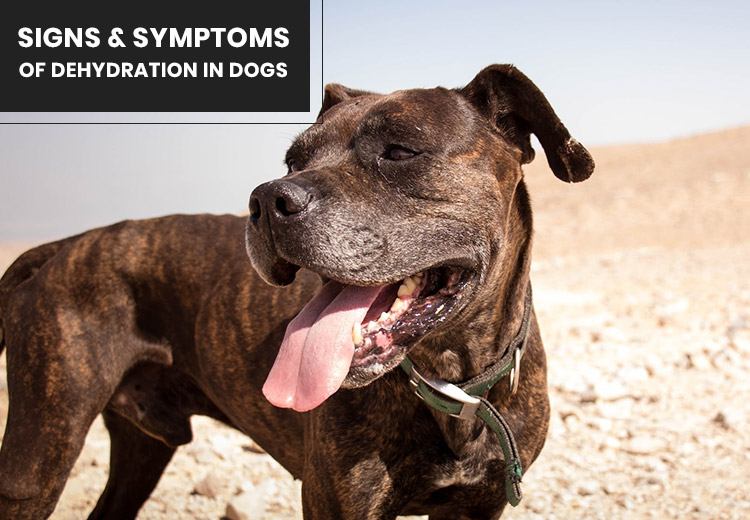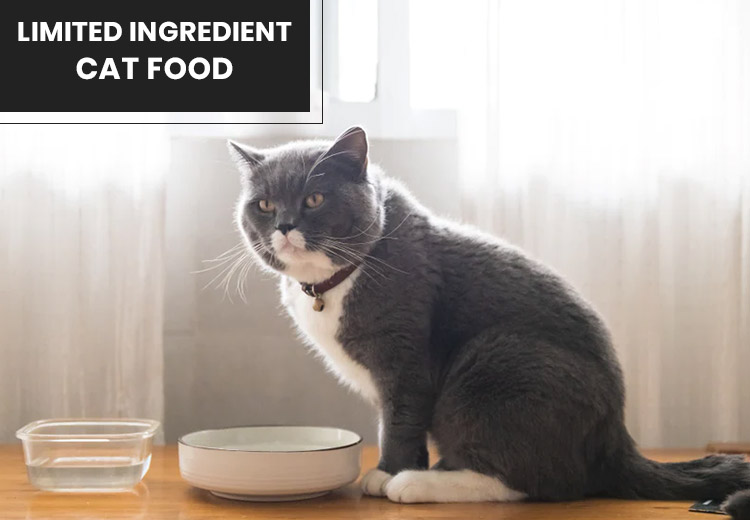ARTHRITIS IN PETS – SYMPTOMS AND MANAGEMENT.
Arthritis could be considered one of the “hidden diseases” of pets, as both dogs and cats are very clever at hiding the signs of arthritis pain until the condition has progressed significantly.
Arthritis is the name for any damage or deterioration of joints in the body. Arthritis can develop due to defects in the bony structures of the joint present at birth – such as hip dysplasia ( common in breeds such as Labradors and German Shepherds), or as a result of an injury or long-term wear and tear.
As many breed-specific joint disorders can be passed on to offspring, kennel clubs for the most commonly affected breeds make use of joint assessments using x-rays, so animals with heritable joint problems are not used for breeding.The best known example would be “hip-scoring”.
As with humans, any injury or surgery involving a joint may also result in some degree of arthritis over time. A common example would be cruciate rupture of the knee with surgical repair. Once the structures of a joint have been damaged, the joint may no longer operate smoothly, and the cartilage at the joint surface will be eroded over time, causing pain and lameness.
Pets can hid the signs of arthritis in the early stages, but over several years, the cartilage damage progresses and the pet will show signs of discomfort. The typical behavioural changes that owners may notice in their pets due to arthritis can include:
- the pet is noticeably stiff in the mornings;
- the dog refuses to jump up into the car;
- the dog no longer seems to enjoy long walks;
- the cat no longer jumps up to sit on the sunny window-sill;
- the dog or cat looks a bit wobbly in the back legs at times.
If you or your vet suspects your pet is suffering from arthritis, your vet may recommend an x-ray to assess the damage to the affected joint. In severe cases, joint replacement surgery (eg. hip-replacement) may be an option.
Alternatively, the vet may simply prescribe some anti-inflammatory tablets or joint supplement product on a trial basis, and ask you to assess if the pet seems to be more comfortable while receiving the medication.
The medications commonly used for arthritis typically fall into either the anti-inflammatory category or the nutraceutical dietary-supplement category. Most anti-inflammatory products are prescribed in tablet form to be taken daily for short-term use (eg. when the pet appears to be in significant pain) or for long-term use at a lower-dose. The medication helps to reduce the reaction and pain in the joint, but cannot reverse joint damage. These anti-inflammatory products must be prescribed by your vet. Long-term use of some anti-inflammatory products can have side effects, so it is important to let your vet know how your pet is responding to the medication.
There is also a course of injections for arthritisavailable through your vet; many pet owners report that their pets’ mobility is noticeably improved following these injections.
The most common oral nutraceutical supplements used in pets are chondroitin sulphate and glucosamine, which are usually combined in a single product. There are many such products available through your vet or pet-supply companies. A number of pet foods, especially the veterinary-prescribed diets are also formulated to include some of these joint-support ingredients. These nutraceutical ingredientshelp to nourish and restore joint components such as cartilage and joint fluid.When administered over several weeks or months, the joint-support action of these nutraceuticals may help improve joint function and reduce pain in your pet.These products will not repair major joint damage, so it is important to always consult a vet regarding joint pain.
Finally, pets will cope better with arthritis if they are kept slim. If you pet is carrying excess weight, this increases the wear and tear on all the joints and makes your pet more prone to injuries. So visit your vet for weight assessment, and if required, the staff at the clinic can help you plan a weight loss program for your pet, which will benefit their whole body – not just their joints!!



































